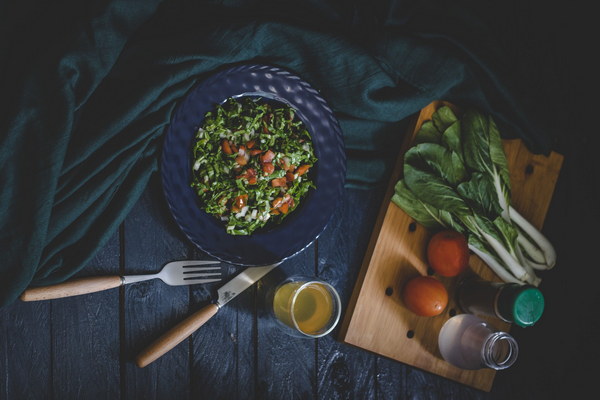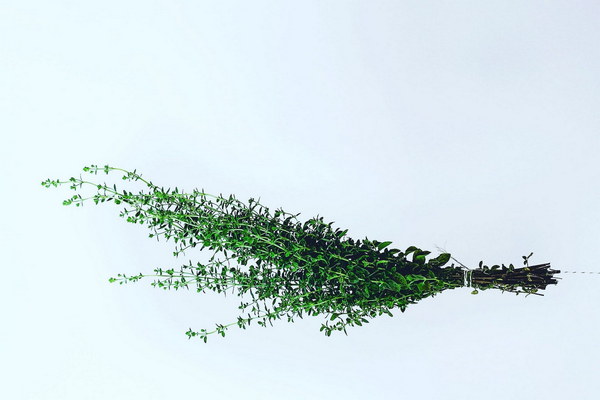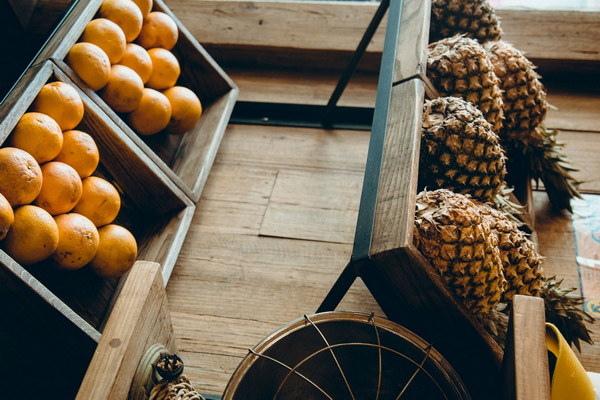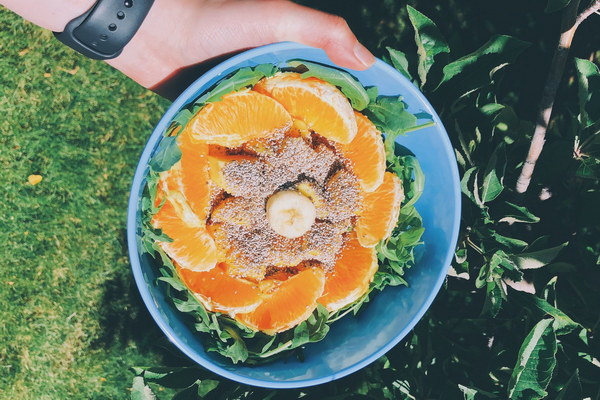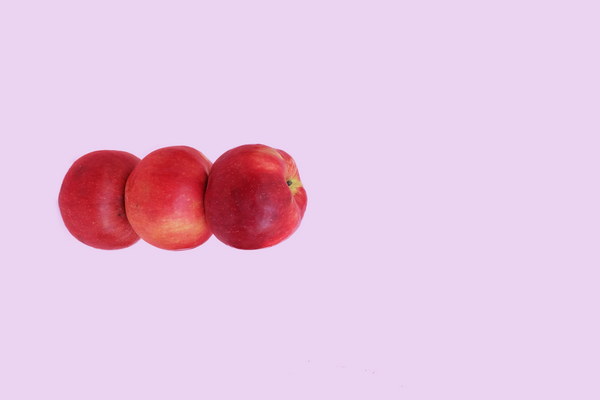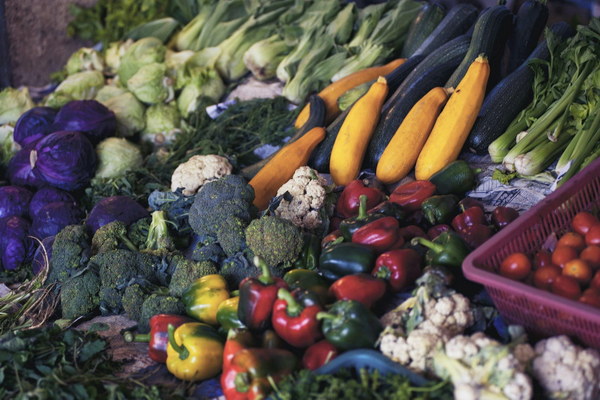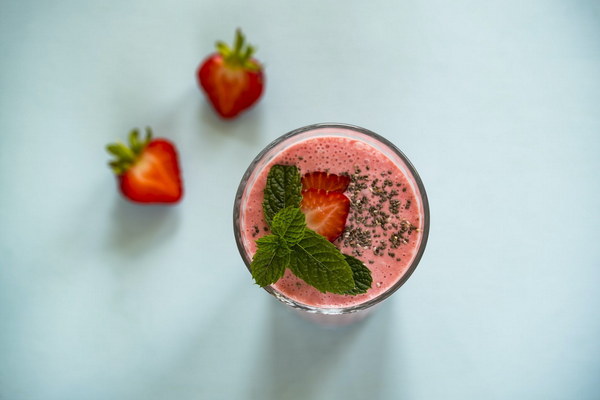Nurturing Your Spleen and DampPhlegm Constitution A Holistic Approach
In the realm of traditional Chinese medicine, the concept of constitution plays a pivotal role in understanding and treating individuals. One such constitution is the Spleen and Damp-Phlegm type, which is characterized by a tendency to produce excess dampness and phlegm, leading to a variety of symptoms. This article delves into the nature of this constitution and provides a comprehensive guide on how to nurture it through diet, lifestyle, and herbal remedies.
Understanding Spleen and Damp-Phlegm Constitution

The Spleen and Damp-Phlegm constitution is often found in individuals who are susceptible to cold, damp environments, and those who have a sedentary lifestyle. This constitution is associated with a weakened Spleen, which is responsible for transforming and transporting nutrients throughout the body. When the Spleen is weakened, it can lead to the accumulation of dampness and phlegm, which can manifest in various ways:
- Excess mucus production in the respiratory tract
- Weight gain, especially around the abdomen
- Poor digestion, bloating, and gas
- Fatigue and weakness
- Joint pain and stiffness
Dietary Recommendations
A key aspect of nurturing the Spleen and Damp-Phlegm constitution is to adopt a diet that supports the Spleen and reduces dampness and phlegm. Here are some dietary recommendations:
1. Warm, Stabilizing Foods: Incorporate warm, cooked, and well-cooked foods into your diet. This includes soups, stews, and steamed vegetables. Avoid cold, raw, and overly sweet foods as they can exacerbate dampness.
2. Herbs and Spices: Utilize herbs and spices that aid in the digestion and elimination of dampness. Ginger, turmeric, cinnamon, and fennel are excellent choices.
3. Protein: Consume moderate amounts of protein, focusing on lean sources such as chicken, fish, and tofu. Avoid high-fat, fried, or processed meats.
4. Whole Grains: Include whole grains like brown rice, quinoa, and oats in your diet, as they are easier to digest than refined grains.
5. Hydration: Drink plenty of warm water throughout the day to aid in the elimination of dampness. Green tea and ginger tea are also beneficial.
Lifestyle Adjustments
In addition to dietary changes, adopting a healthier lifestyle can greatly support the Spleen and Damp-Phlegm constitution:
1. Regular Exercise: Engage in regular, moderate exercise to improve circulation and boost the Spleen's function. Activities such as walking, tai chi, or yoga are particularly beneficial.
2. Adequate Rest: Ensure you get enough sleep and rest to allow your body to recover and regenerate. Overexertion can weaken the Spleen further.
3. Stress Management: Practice stress-reduction techniques such as meditation, deep breathing exercises, or mindfulness to prevent the Spleen from becoming overburdened.
4. Moderation in Fluid Intake: Avoid excessive consumption of fluids, especially before bedtime, to prevent the accumulation of dampness in the body.
Herbal Remedies
Herbal remedies can provide additional support to the Spleen and Damp-Phlegm constitution. Some commonly used herbs include:
- Astragalus (Astragalus membranaceus): Known for its immune-boosting properties, it can help strengthen the Spleen and improve overall vitality.
- Poria (Poria cocos): This herb is excellent for draining dampness and reducing phlegm.
- Licorice (Glycyrrhiza uralensis): Licorice can help harmonize the body's fluids and support the Spleen.
It is important to consult with a qualified practitioner of traditional Chinese medicine before starting any herbal treatment to ensure it is appropriate for your specific constitution and health needs.
By implementing these dietary, lifestyle, and herbal strategies, individuals with a Spleen and Damp-Phlegm constitution can effectively manage their symptoms and promote overall well-being. Remember, the key is balance and consistency in your approach to care for your unique constitution.
